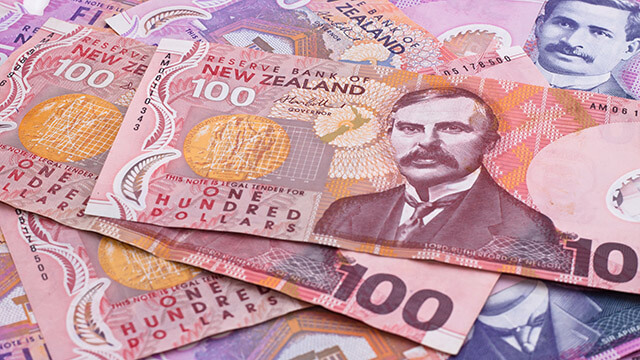The AUD/NZD currency pair has encountered resistance near the 1.1000 level following the Reserve Bank of Australia’s (RBA) recent policy announcement. The RBA has opted to keep its cash rate steady at 4.35% for the ninth consecutive meeting. This decision comes as part of a growing trend indicating a dovish stance, leading to downward pressure on the Australian dollar (AUD).
Following a brief uptick during the Asian trading session, the AUD/NZD faced renewed selling pressure and dropped to its lowest point of the day. It currently trades in the mid-1.0900s, hovering above a crucial support level marked by the 200-day Simple Moving Average (SMA). Despite a push towards the psychological barrier of 1.1000, the inability to sustain movement above this threshold has caught the attention of market participants.
The RBA’s stance is supported by observations in its statement regarding moderation in inflationary pressures, aligning with previous forecasts. This has fueled speculation surrounding potential interest rate cuts, thereby exerting further strain on the AUD. Concurrently, recent data from China highlighted an unexpected increase in its trade surplus to $97.44 billion. However, disappointing figures concerning both exports and imports raise concerns about weak demand both internationally and domestically, adding to the challenges faced by the Australian economy.
On the other hand, expectations for aggressive easing by the Reserve Bank of New Zealand (RBNZ) are likely to deter traders from taking strong long positions in the New Zealand dollar (NZD). This dynamic may help cushion the impact on the AUD/NZD pair, indicating a need for caution before making any significant trading decisions. Market participants are awaiting further guidance and insights from the upcoming press conference following the RBA’s policy meeting, which may provide additional direction for future movements in the pair.
